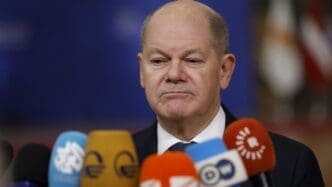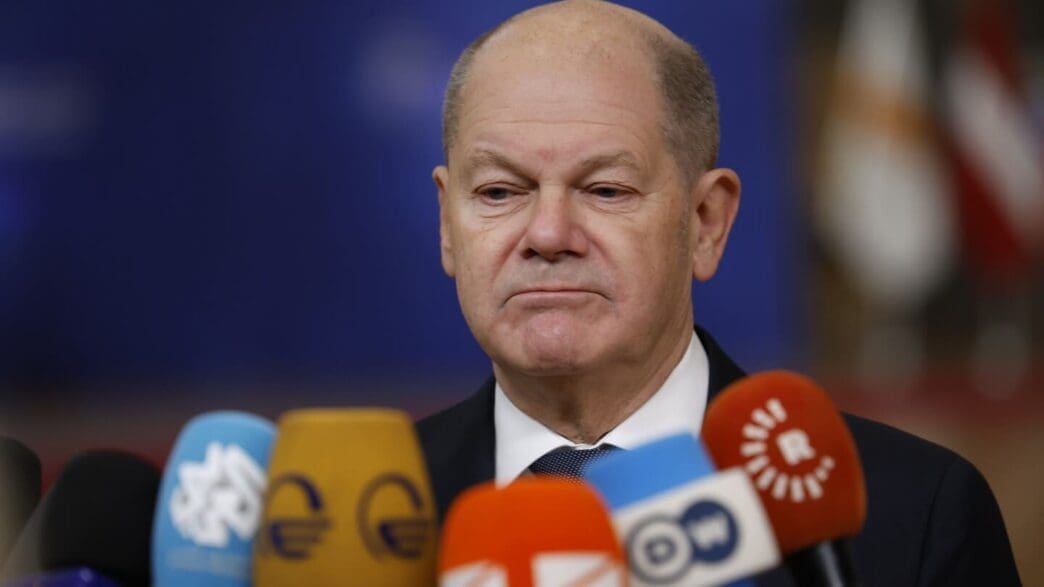In a recent twist in international politics, Germany’s Chancellor Olaf Scholz has openly countered Elon Musk’s claim that only a far-right party can save Germany. Musk’s statement, made on his social platform X, has caused quite a stir, especially as the country gears up for an early election.
Chancellor Olaf Scholz, appearing undeterred, responded to Musk’s bold claim with a firm yet subtle rebuke. He emphasized that while freedom of opinion is a right everyone enjoys, including multibillionaires, it sometimes leads to the expression of views that are simply not accurate or advisable. Scholz, who is hoping to secure a second term amidst political upheaval in Germany, finds himself contending with a complex political landscape. The collapse of his three-party governing coalition necessitated this unexpected early election, slated for February 23, a crucial date that could reshape Germany’s political future.
Despite Musk’s assertion of support for the far-right Alternative for Germany (AfD) party, Scholz remains resolute in his opposition to such political shifts. The AfD is enjoying a surge in the polls; however, its leader, Alice Weidel, remains a politically isolated figure, as other parties refuse to engage in alliances with the far-right faction. Weidel, embracing Musk’s endorsement, declared her party as Germany’s sole remaining option, a sentiment starkly contrasted by Scholz’s commitment to democratic values.
At a joint press conference with Estonian Prime Minister Kristen Michal, Scholz reiterated the cohesive stance of democratic parties in Germany, distancing themselves from Musk’s recommendation. The German chancellor’s confidence underscores a broader unwillingness to shift towards the far-right as he navigates the delicate process of maintaining democratic integrity in the face of growing populist rhetoric.
Meanwhile, the German government’s relationship with Musk’s platform, formerly known as Twitter, remains cautious. Despite concerns about the platform’s direction since Musk’s takeover, the government has decided to maintain a presence there due to its significant role in public communication. Christiane Hoffmann, a government spokesperson, highlighted the platform’s importance in reaching and informing the public, a pragmatic choice that seemingly aligns with Scholz’s realistic approach to governance.
Scholz’s dismissal of Musk’s assertion serves as a testament to his dedication to preserving Germany’s democratic fabric in uncertain times. As the country approaches a pivotal election, the Chancellor remains focused on rallying support for democratic processes, countering the polarizing narratives that threaten to disrupt Germany’s political stability. His stance not only reflects a commitment to political pluralism but also strengthens his position as a leader willing to confront challenges head-on.
Source: Apnews








